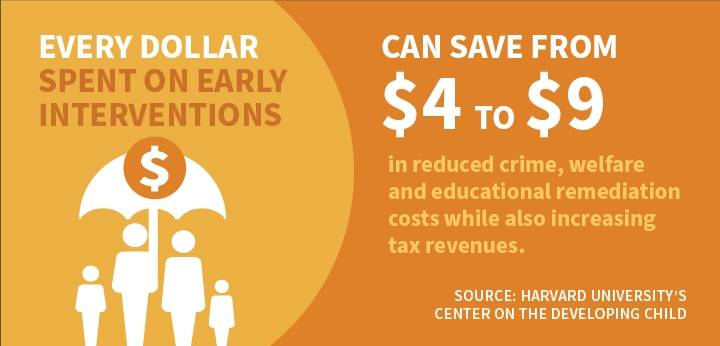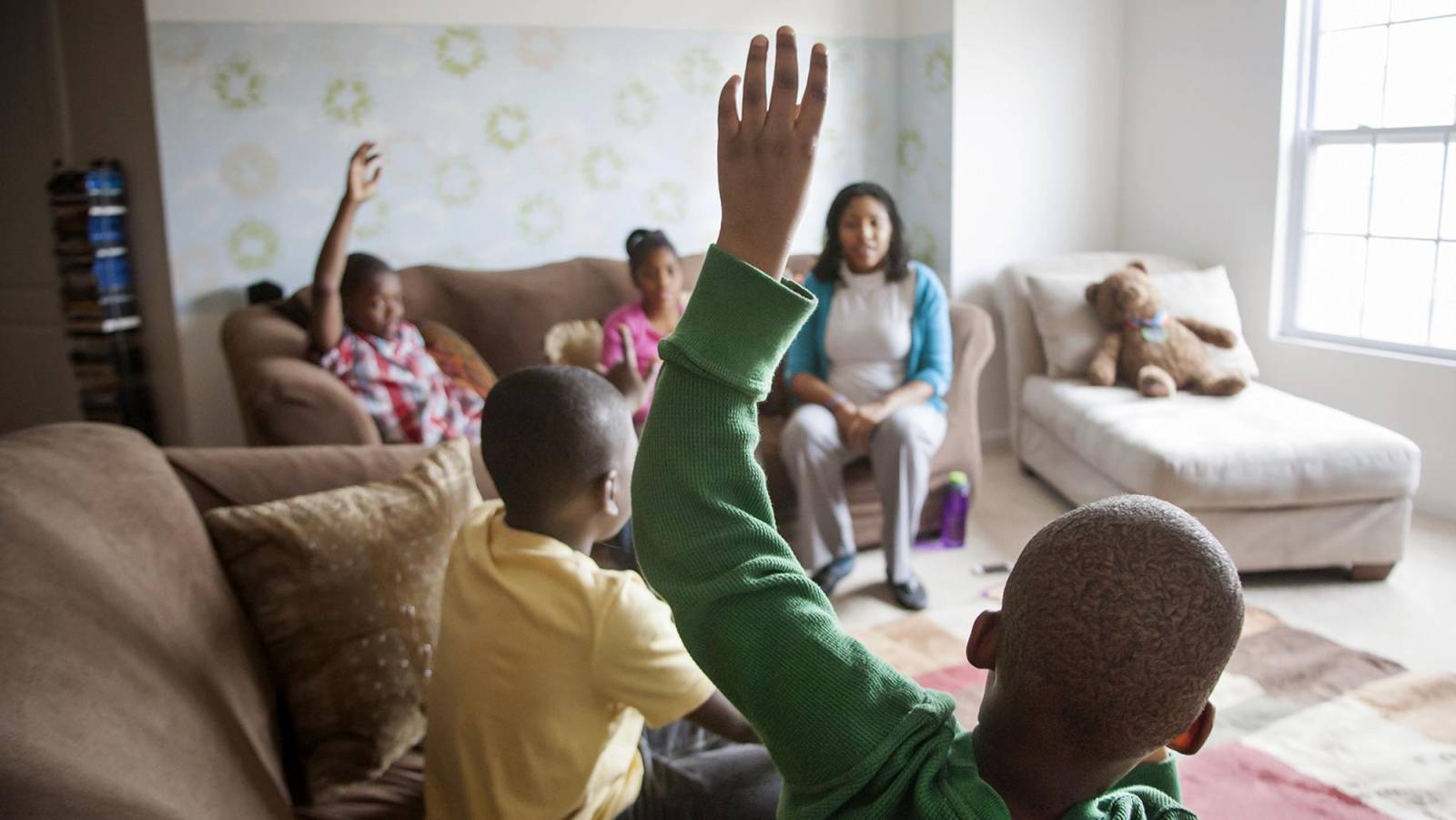North Carolina Counties
Beaufort, Bertie, Cabarrus, Camden, Carteret, Catawba, Chowan, Cleveland, Craven, Currituck, Dare, Durham, Edgecombe, Gates, Greene, Guilford, Halifax, Hertford, Hyde, Lenoir, Martin, McDowell, Mecklenburg, Moore, New Hanover, Northampton, Orange, Pamlico, Pasquotank, Perquimans, Pitt, Polk, Robeson, Rutherford, Tyrrell, Wake, Washington, Wilson
South Carolina Counties
Abbeville, Anderson, Barnwell, Beaufort, Berkeley, Charleston, Cherokee, Chesterfield, Clarendon, Colleton, Darlington, Dillon, Dorchester, Florence, Georgetown, Greenville, Greenwood, Hampton, Horry, Jasper, Kershaw, Laurens, Lee, Lexington, Marion, Marlboro, Newberry, Oconee, Pickens, Richland, Spartanburg, Union, Williamsburg







